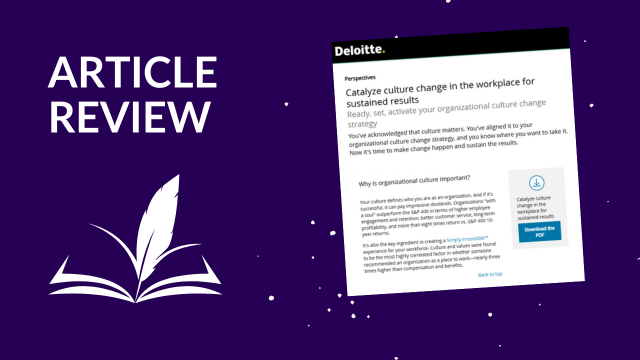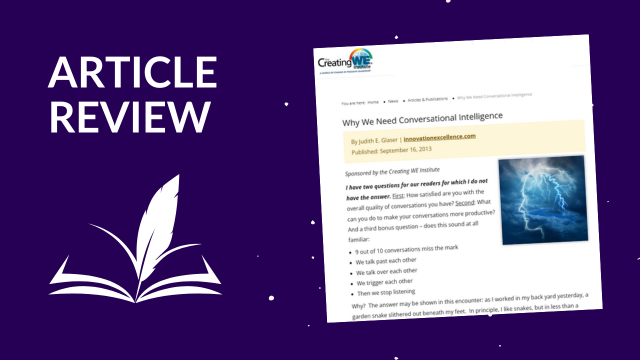How passionate are you about your profession as a change practitioner? How passionately are you practicing your craft?
As Jeff Wolf writes in Work Passion is Today’s New Discipline, “the most effective motivator is intrinsic: job satisfaction.” Quoting Wolf, social science identifies the following as the key determiners of work passion.
• “Having a ‘calling’ that leads you to choose a specific career path (certainly helpful, but not always necessary).”
• “Enjoying a sense of personal fulfillment and meaningfulness at work.”
• “Experiencing flow (a term coined by Hungarian psychologist Mihaly Csikszentmihalyi to describe one’s ability to concentrate and tune out all external stimuli when working).”
• “Feeling engaged at work.”
• “Enjoying quality relationships with peers, supervisors, and customers.”
• “Feeling self-confident and empowered.”
• “Being emotionally available.”
As a Baby Boomer, I was raised to believe that the important criteria for work are obtaining (and keeping) a job, tenure, and income. Long ago, I found my passion in change management, and it still has me in its grip today. Work passion has since become a baseline value for employee motivation, satisfaction, and engagement…all of which contribute to both the top and the bottom line.
If you are not a passionate practitioner, you may be making a meaningful contribution, but it is likely having less of an impact than if you were to connect/reconnect with what you are passionate about. And, as you influence sponsor thinking on what to change and how to execute change in the workplace, remember, whatever can be done to increase the level of job satisfaction employees experience in the future (changed) environment will make a difference in performance, quality, innovation, turnover, and all those things that contribute to the future success of the business.







